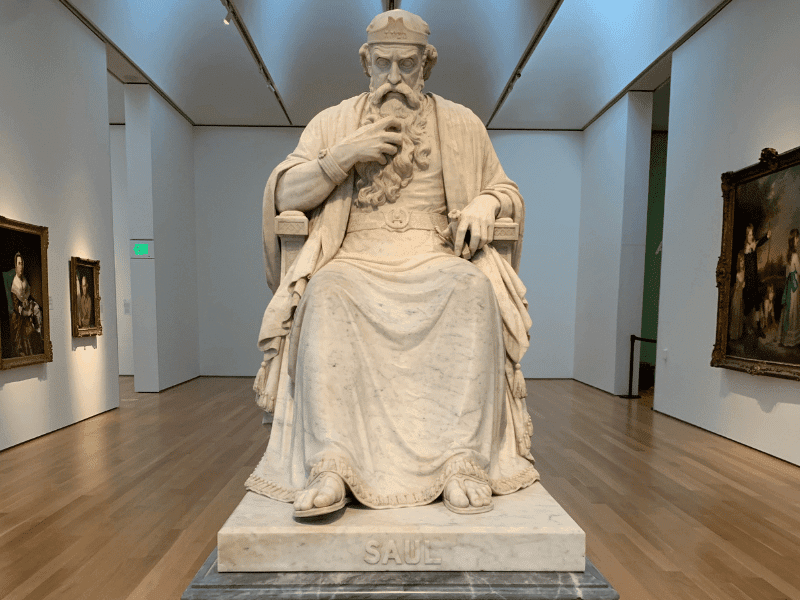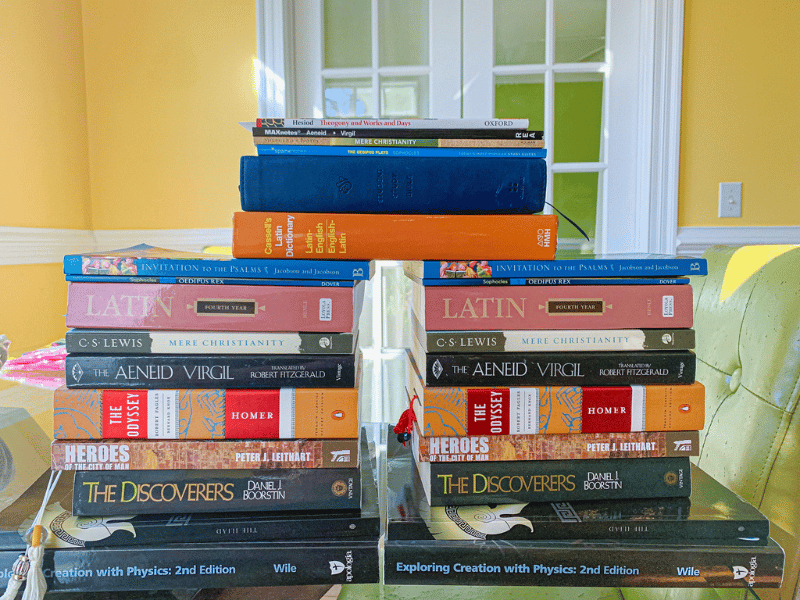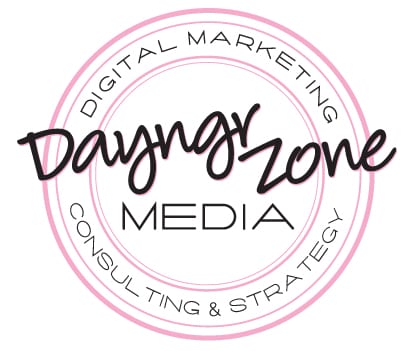
What You Should Know About Classical Education
If you weren’t aware, I started our homeschooling journey in 4th grade. I initially chose a different curriculum and method but settled on a classical education. Though there are a variety of education philosophies to choose from, classical education stands as a shining beacon, drawing inspiration from the methods of teaching and learning employed in ancient civilizations. Rooted in the rich traditions of Greece and Rome, this approach emphasizes a holistic development that encompasses language mastery, critical thinking, and an appreciation for the profound wisdom of historical texts.
To help you understand more, let’s delve into the essence of classical education and its enduring significance in shaping well-rounded individuals.
The Trivium: Building Strong Foundations
Central to classical education is the Trivium, a three-stage framework that guides your children’s intellectual growth. The journey commences with the Grammar Stage, where foundational knowledge is established. During this phase, your children learn the building blocks of language, absorb facts, and become adept at reading and writing. The focus is on nurturing curiosity and a thirst for learning.
This is so important to ensuring your student will be a life-long learner.
Also Read: “What Are the Five Core Habits of Grammar?”
Transitioning into the Logic (or Dialectic) Stage, your children will ascend to a higher plane of thinking. This phase is characterized by critical inquiry, where learners engage in analytical thought, debate, and reasoning.
The ability to question, evaluate information, and construct logical arguments takes center stage, empowering your children to develop keen problem-solving skills.
Also Read: “What Are the Five Common Topics of Dialectic?”
As the journey through the Trivium culminates in the Rhetoric Stage, your children harness their acquired knowledge and critical thinking prowess to articulate their ideas persuasively. This stage nurtures effective communication, both in written form and through public speaking.
It equips your children with the power to express themselves eloquently, ensuring their voices are heard with clarity and impact.
Also Read: “What Are the Five Canons of Rhetoric?”
Unveiling the Pillars of Classical Learning
Classical education’s core is a profound reverence for classic literature, philosophy, and history. Students are immersed in the works of ancient philosophers such as Plato and Aristotle and epic narratives like the Iliad and the Odyssey. These timeless texts serve as windows into the wisdom of the past, fostering a deep connection with the foundations of human thought and creativity.

Senior Year: Challenge IV
Furthermore, classical education often embraces a chronological approach to history, giving students a panoramic view of the human journey through time. By contextualizing historical events and figures, students develop a nuanced understanding of the interconnectedness of civilizations and the lessons that can be gleaned from the past.

A Page in One of Our Timeline Books
The Modern Relevance of Classical Education
While the world has evolved since the days of ancient Greece and Rome, the principles of classical education remain remarkably pertinent. In a fast-paced digital era, where information is abundant yet discernment is imperative, classical education equips students with the tools to navigate complexity.
It fosters critical thinking, the ability to engage in meaningful discourse, and an appreciation for the depth of human knowledge.
Find a Classical Education Community Near You
In short, classical education stands as a testament to the enduring value of foundational learning and critical thinking. By guiding students through the stages of the Trivium and immersing them in the wisdom of classic texts, this approach empowers individuals to become thoughtful, articulate, and well-rounded contributors to society. As the legacy of classical education continues to shape modern pedagogy, its essence remains an indelible cornerstone of holistic education.
Enjoyed learning about homeschooling? Read my other homeschool posts
Would you consider a classical education for your children? Are you a homeschooling parent? Are you considering homeschooling? Let me know in the comments. I’d love to hear from you.



Let's keep the conversation going ...